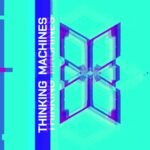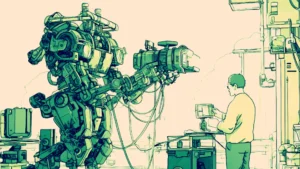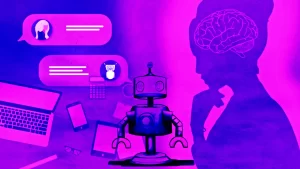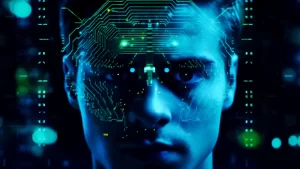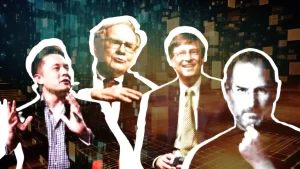
Some jobs, like nurses and chefs, won’t change much, but others, like software development or remote work, might use AI more. Jobs that might change a lot, like doctors or lawyers, often pay more. This could make inequality worse.
People wonder how AI will affect different skills in jobs. Some skills, like driving, won’t change much with AI. But skills in things like accounting or software might improve a lot. Almost every job will be affected by AI in some way, even jobs like teaching or healthcare.
New jobs related to AI, like AI engineers or auditors, will likely pop up. But some jobs might disappear, especially ones that can be done by AI. This might affect lower-paying jobs more.
Instead of needing completely new skills, our skills are just getting better because of AI. It’s like when calculators were invented – people got better at doing harder math. AI helps us do the routine parts of our jobs, so we can spend more time on the human parts.
Employers should help their workers adapt to these changes. It’s good for workers and for businesses, which will get better thanks to AI.
There are ethical questions about AI and jobs. Some jobs might benefit a lot from AI, while others won’t. This could make inequality worse. We need to make sure everyone has a chance to benefit from AI, no matter their background. Also, we should keep the human touch in jobs, like a doctor’s bedside manner, even if AI helps with routine things.
The impact of AI on jobs will keep growing, and we’ll learn more about it soon. For now, it’s important to understand how AI might change our jobs and how we can make the most of this big change.


